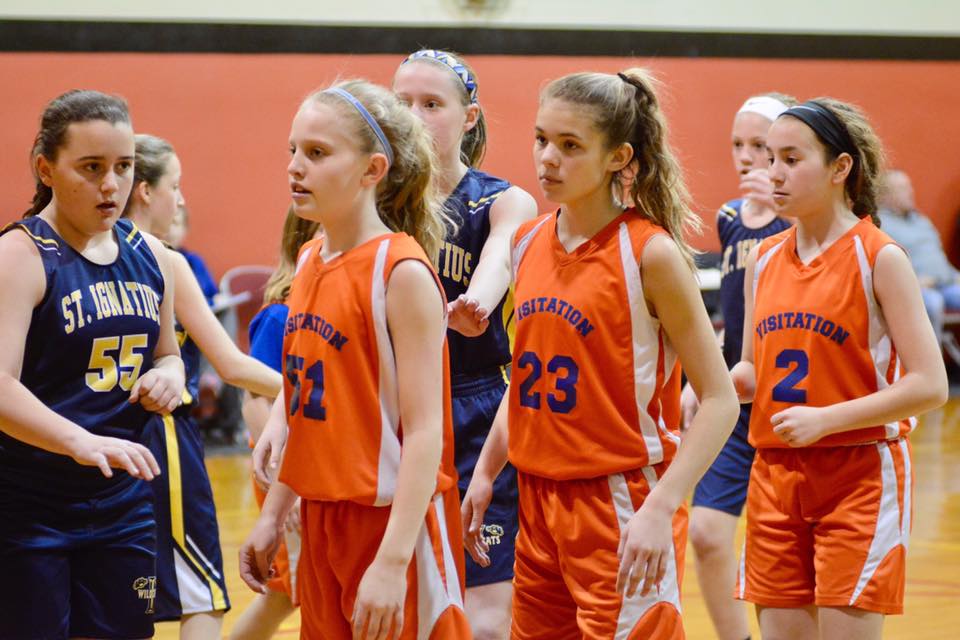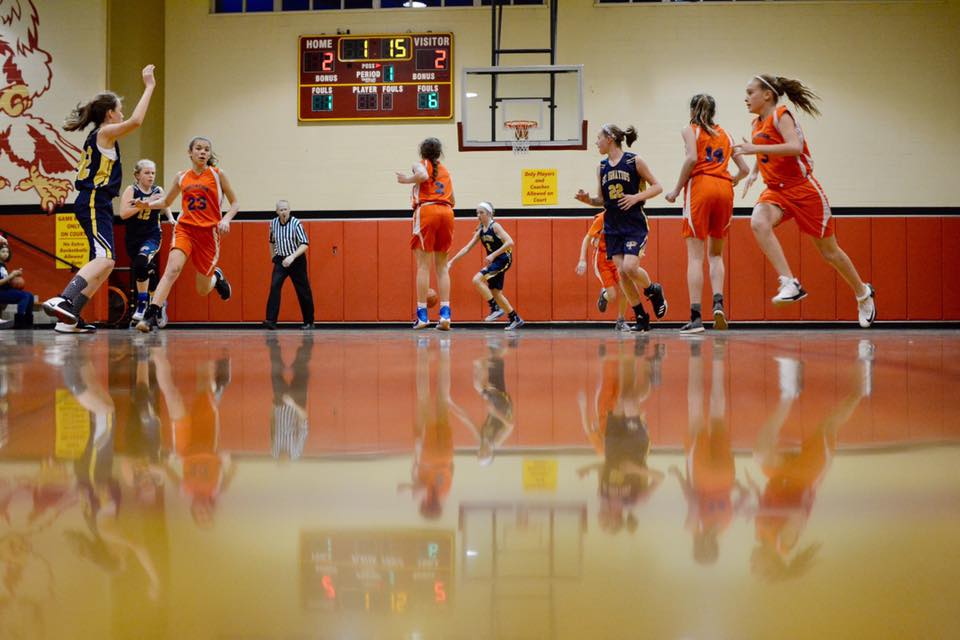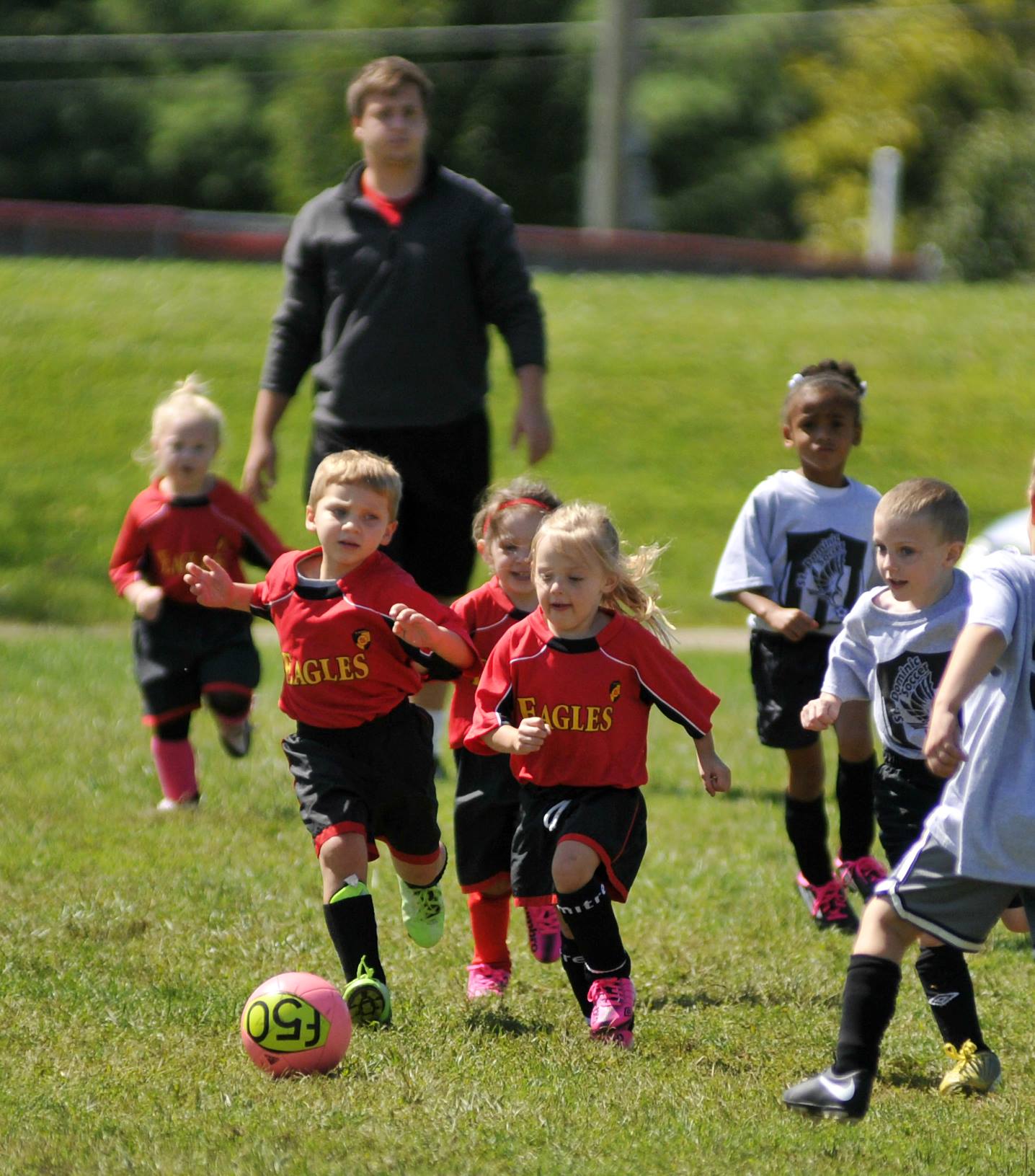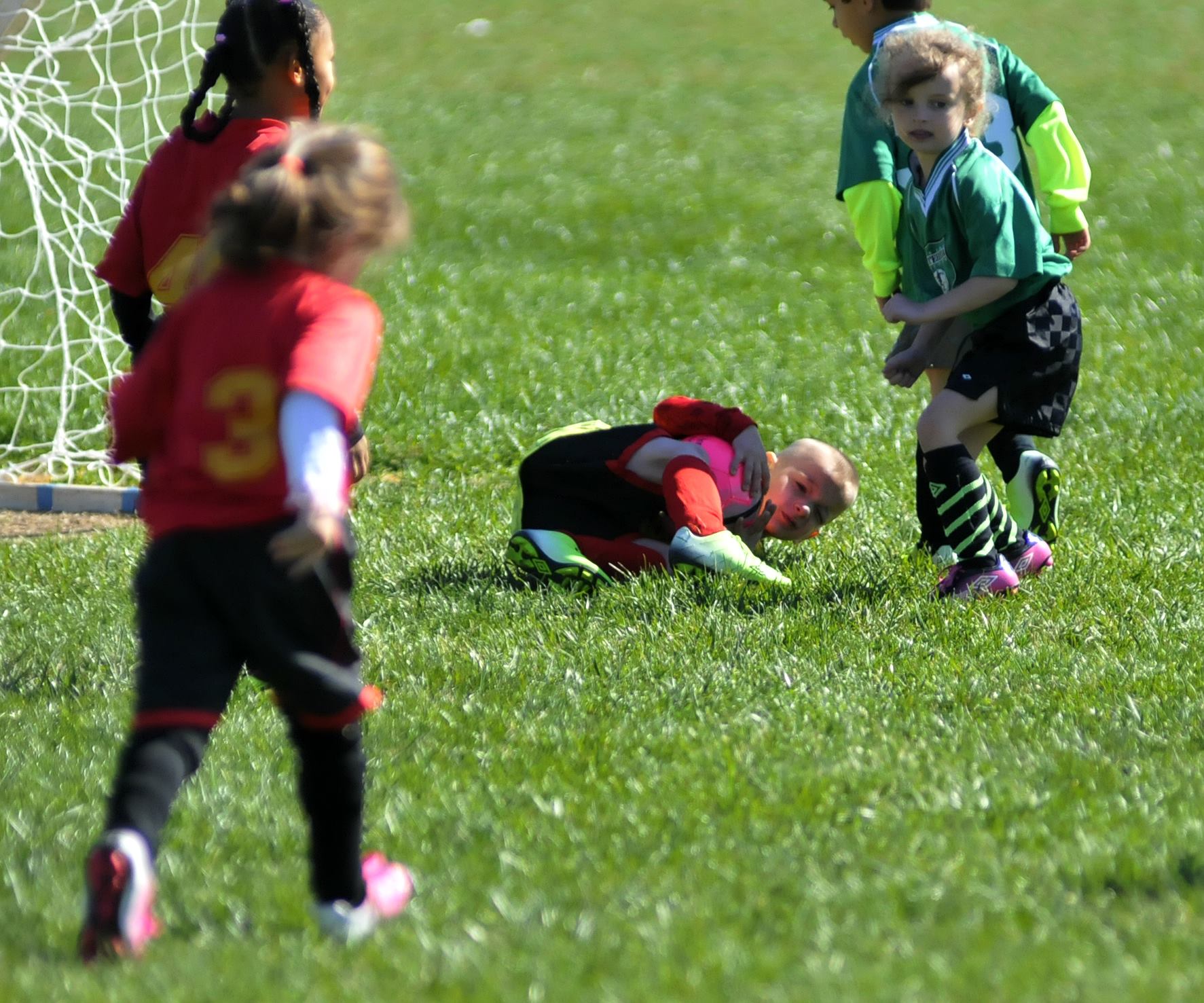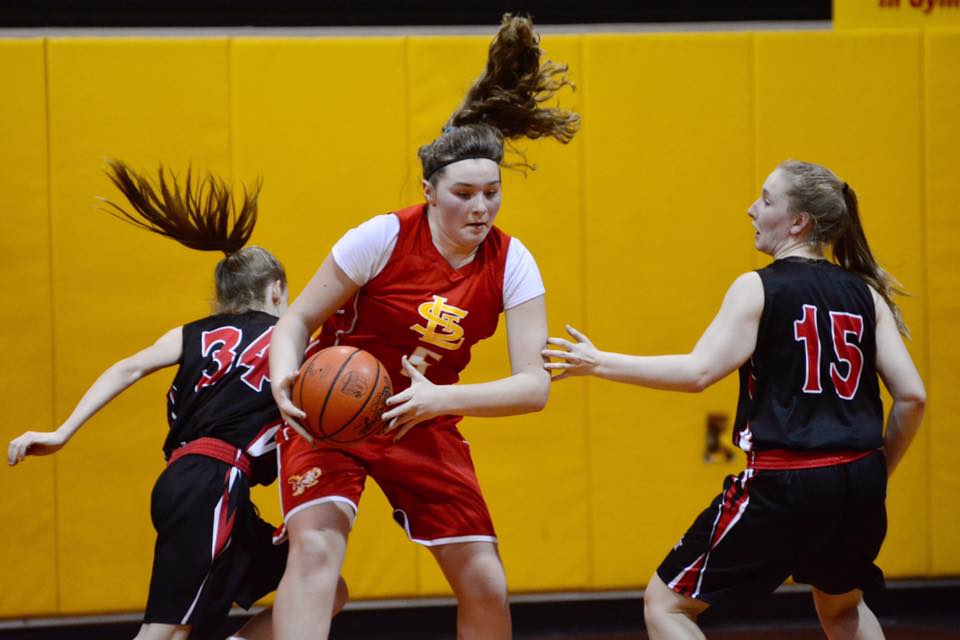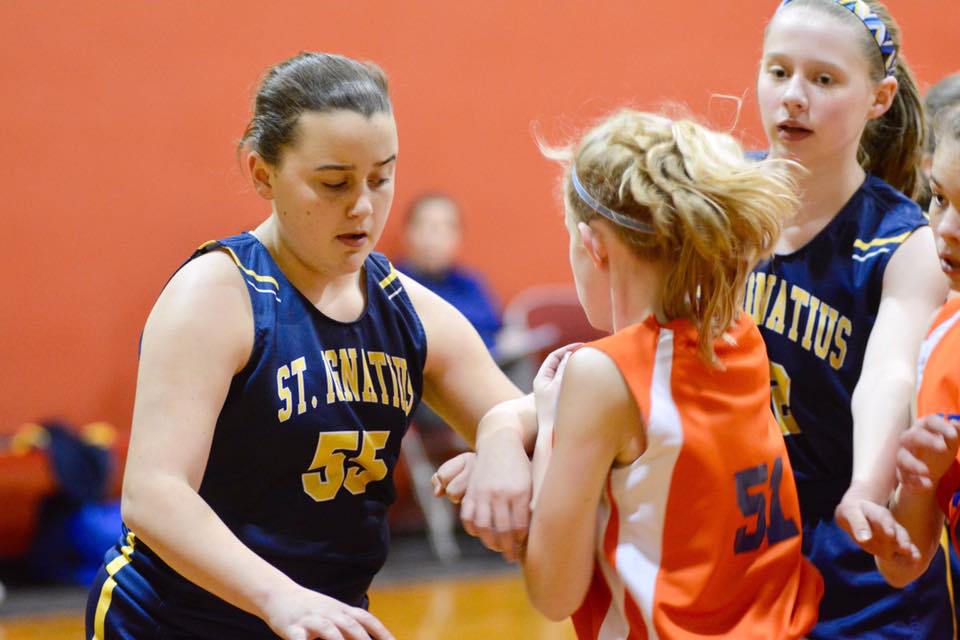Coach Discipleship, Developing Faith With Student Athletes
Story & photo by M.D. Pitman
Before every game sanctioned by the Girls Western Athletic Conference (GWAC), members of both teams stand hand-in-hand on the playing field to pray.
The Catholic girls league began requiring prayer before games a few years ago, and it’s one of the more important rules GWAC has enacted, said conference Vice President Eric Fey.
“I think it’s been great,” he said, “because why are we here? We’re here for Jesus, and I think that really sets the tone for the game, the season.”
Parishes around the archdiocese offer some type of athletic program, and officials from various leagues within the diocese say it’s an extension of what is taught in the classroom and church.
“With sports, too, it’s an extension of the classroom. Yeah, the kids are going to church, the weekly Mass or daily Mass, and by playing sports, it’s a different avenue of the Catholic religion and morals and values of being a Christian,” Fey said.
Archdiocesan Director of Sports Ministry Rod Dunlap said the Church at one point questioned why it is involved in youth athletics. After a lot of prayer and a 71-page deep-dive into evangelization and youth athletics, he said the Church is involved “because of the goodness” contained in sports.
“The past three popes, they gave a lot of talks on the importance of athletics and how playing athletics, being involved in athletics is a way to live out our relationship with Christ and a way for others to see that, but when it’s done the right way,” he said.
In his Dec. 9, 1978, address to the Bologna soccer team, Pope John Paul II expressed the importance of athletics. “…[Y]ou young sportsmen have a special place, because you offer, in a pre-eminent way, a spectacle of fortitude, loyalty and self-control, and also because you have to a marked extent the sense of honor, friendship and brotherly solidarity: virtues which the Church promotes and exalts.”
Dunlap said the archdiocese is in the midst of focusing its evangelical plan, working with a few parishes on a developing a coach-discipleship program. He said coaches are some of the few adults in contact with young student-athletes for several hours a week, and can spend more time with them than their parents during an 11- to 12-week sports season.
“What we realized that if this coach is not on board with what the Church is trying to do, then not only are they not going to get that witness, they can also be given the exact opposite message of how to play sports through the words and the behavior and the actions of that coach,” he said.
Dunlap said when these kids look back on their grade school playing days as an adult, however, they won’t remember scores. They’ll retain the memories and feelings, and they want them to have positive memories of the coaches who guided them through an important part of their lives.
That is also a goal of the leagues, said Terry Rabanus, Western Basketball Conference president.
“We’re there to develop the athletes, develop them and make them the best they can be, and to help them understand the liturgy and what it means to be Christians,” said the president of the boys basketball league. “They’re out there to represent their school, but also to represent that they are Christians.”
Rabanus said they also want to make the grade school experience as memorable as the ones they’ll likely have in high school, many of which have deep-rooted traditions. He said he believes that’s starting to happen now with some eighth-grade classes holding reunions just five years removed.
Dunlap and the athletic leagues are working to bring “beauty” back into sports.
“There are all these awesome lessons that can be learned in sports, like teamwork and sacrifice and all of these virtues that go in line with the virtues of the Catholic faith,” Dunlap said, “but we have taken the beauty out of sports, and the Church says sports should be all about beauty.”










